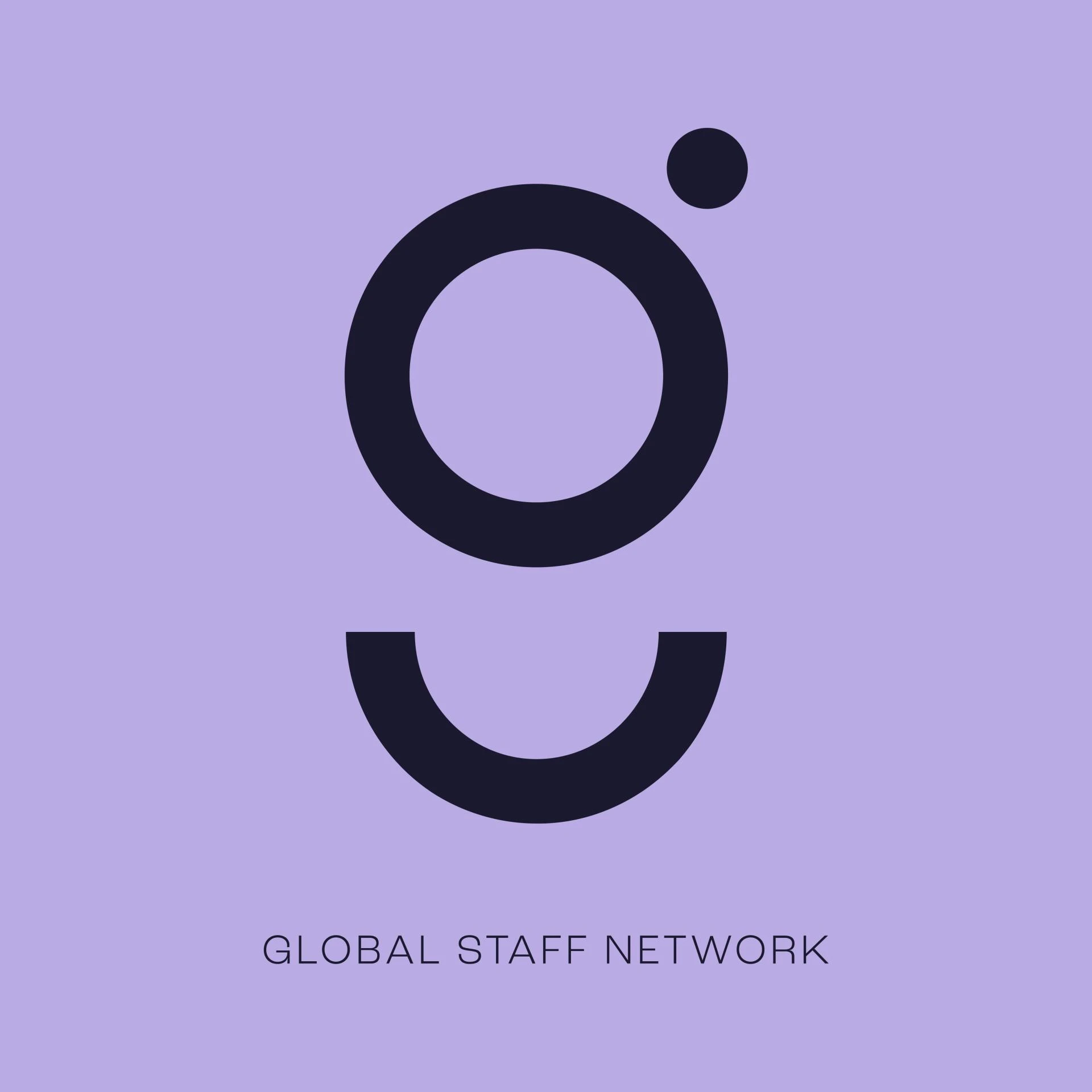Recruitment agencies play a crucial role in helping businesses find the right talent efficiently. Whether companies need temporary workers, permanent employees, or specialized professionals, recruitment agencies simplify the hiring process. But how does recruitment agency work, and why do businesses increasingly rely on these services? This guide explores the role, processes, and benefits of recruitment agencies, particularly for companies looking to expand their workforce seamlessly.

Understanding How Recruitment Agencies Function
At its core, a recruitment agency acts as a bridge between employers and job seekers. Businesses partner with agencies to find, evaluate, and place the most suitable candidates for open positions. The hiring process involves several steps, ensuring companies secure top talent while reducing the time and effort spent on recruitment.
1. Understanding Client Needs and Job Requirements
The process begins with a detailed consultation between the recruitment agency and the employer. Recruiters gather essential details, including:
- The job role and responsibilities
- Required qualifications and experience
- Salary expectations and benefits
- Company culture and work environment
By understanding these specifics, recruitment agencies tailor their search to find candidates who align with the company’s unique needs.
2. Sourcing Candidates and Building Talent Pools
A key part of how does recruitment agency work is sourcing the best candidates through various channels, such as:
- Internal databases of pre-screened candidates
- Job boards and career websites
- Professional networking platforms like LinkedIn
- Direct headhunting and outreach
- Employee referrals and industry contacts
By maintaining a diverse and extensive talent pool, recruitment agencies can quickly match job openings with the right candidates.
3. Screening and Assessing Candidates
Once potential candidates are identified, the recruitment agency conducts a rigorous screening process to ensure only the most qualified individuals move forward. This step includes:
- Reviewing resumes and cover letters
- Conducting phone and video interviews
- Administering skill assessments and aptitude tests
- Performing background checks and reference verifications
By thoroughly vetting candidates, recruitment agencies help businesses avoid hiring mistakes and ensure quality placements.
4. Connecting Candidates with Employers
After shortlisting the best candidates, the recruitment agency presents them to the employer. The company then:
- Reviews candidate profiles
- Conducts final interviews
- Selects the best fit for the position
Recruitment agencies facilitate this process by coordinating interviews, providing feedback, and ensuring smooth communication between both parties.
5. Offer Negotiation and Onboarding Assistance
Once a candidate is selected, recruitment agencies assist with salary negotiations, contract agreements, and onboarding processes. This support ensures a seamless transition for new employees while helping businesses secure top talent with minimal hassle.

Why Businesses Choose Recruitment Agencies
Companies, including Australian offshore companies, trust recruitment agencies for their hiring needs due to several key advantages:
1. Cost and Time Savings
Hiring is a time-consuming process involving job postings, resume screening, and multiple interview rounds. Recruitment agencies streamline these tasks, allowing businesses to focus on core operations while cutting recruitment costs.
2. Access to a Larger Talent Pool
Recruitment agencies have extensive databases of qualified professionals, including
passive candidates who are open to new job opportunities but may not be actively searching.
3. Industry Expertise and Hiring Insights
Specialized recruiters understand market trends, salary benchmarks, and industry challenges. Their expertise helps businesses make informed hiring decisions and secure top talent efficiently.
4. Flexible Hiring Solutions
Many businesses require flexibility in staffing, especially for seasonal, contract, or project-based roles. Recruitment agencies offer customized solutions, whether it’s temporary, permanent, or offshore hiring.
5. Reduced Hiring Risks
Bad hires can be costly. Recruitment agencies conduct thorough background checks and skills assessments, minimizing hiring risks and improving employee retention rates.

How Recruitment Agencies Help Australian Offshore Companies
Many Australian offshore companies rely on recruitment agencies to build remote teams in the Philippines, India, and other global talent hubs. The benefits of this approach include:
1. Lower Labor Costs
Hiring offshore staff significantly reduces operational expenses without compromising service quality.
2. Highly Skilled Workforce
Recruitment agencies connect businesses with professionals experienced in industries like construction, IT, finance, and customer support.
3. 24/7 Business Operations
Offshore teams allow Australian companies to provide round-the-clock support, improving productivity and customer service.
4. Compliance with Legal Regulations
Recruitment agencies ensure that offshore hiring meets labor laws and contractual agreements, providing peace of mind to businesses.
How to Choose the Right Recruitment Agency
Selecting the right recruitment agency is essential for successful hiring. Businesses should consider the following factors:
1. Industry Specialization
Some agencies specialize in fields like construction, IT, finance, healthcare, and engineering recruitment. Choose an agency with expertise in your industry.
2. Reputation and Track Record
Research client reviews, testimonials, and past hiring success rates to ensure the agency delivers quality hires.
3. Transparent Recruitment Process
A well-structured, transparent hiring process ensures businesses receive only the most qualified candidates.
4. Pricing and Service Fees
Understand the agency’s pricing model—whether it's a fixed fee, percentage-based, or retainer service—to ensure cost-effectiveness.

Final Thoughts
Understanding how does recruitment agency work allows businesses to leverage expert hiring solutions and build high-performing teams. Whether a company is looking for local employees or offshore staff, recruitment agencies simplify the hiring process, reduce costs, and secure top talent efficiently.
For Australian offshore companies, partnering with a recruitment agency offers a strategic advantage—access to global talent, reduced labor costs, and compliance with international hiring regulations. As businesses continue to expand, recruitment agencies remain a key partner in building a skilled, reliable workforce.


